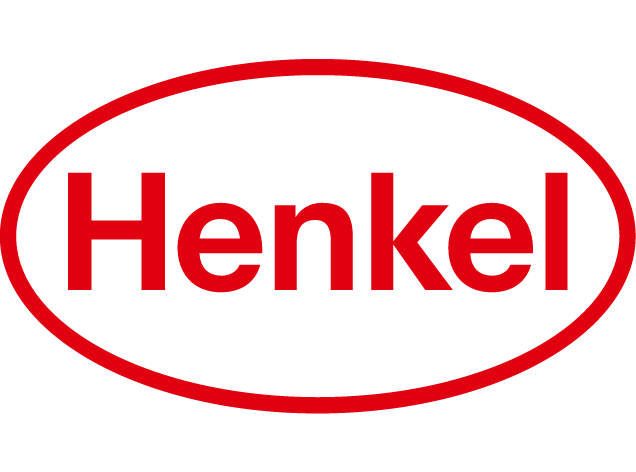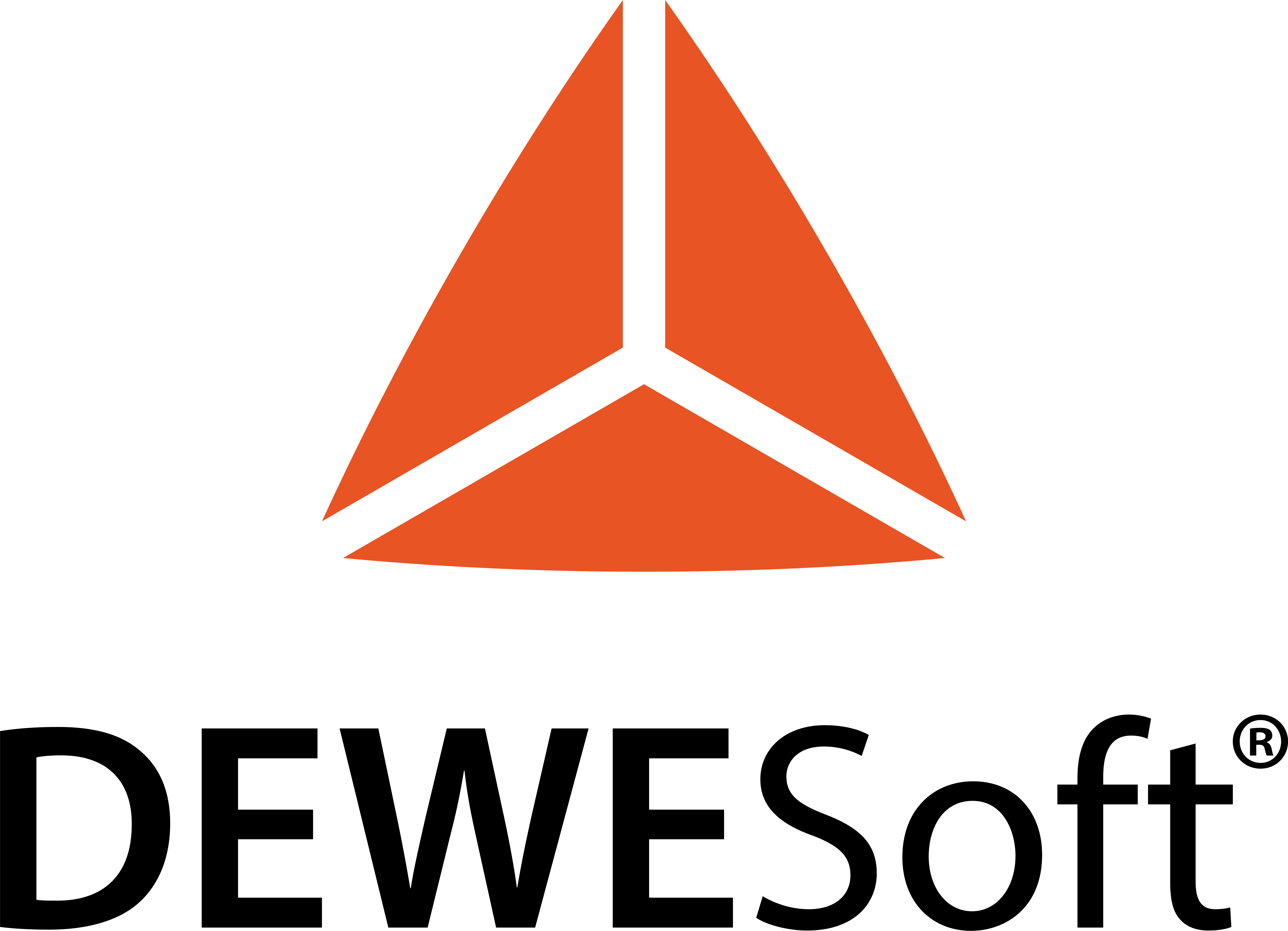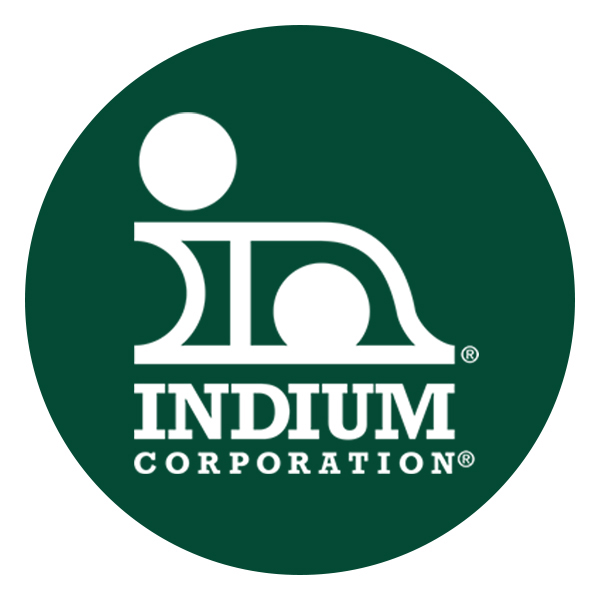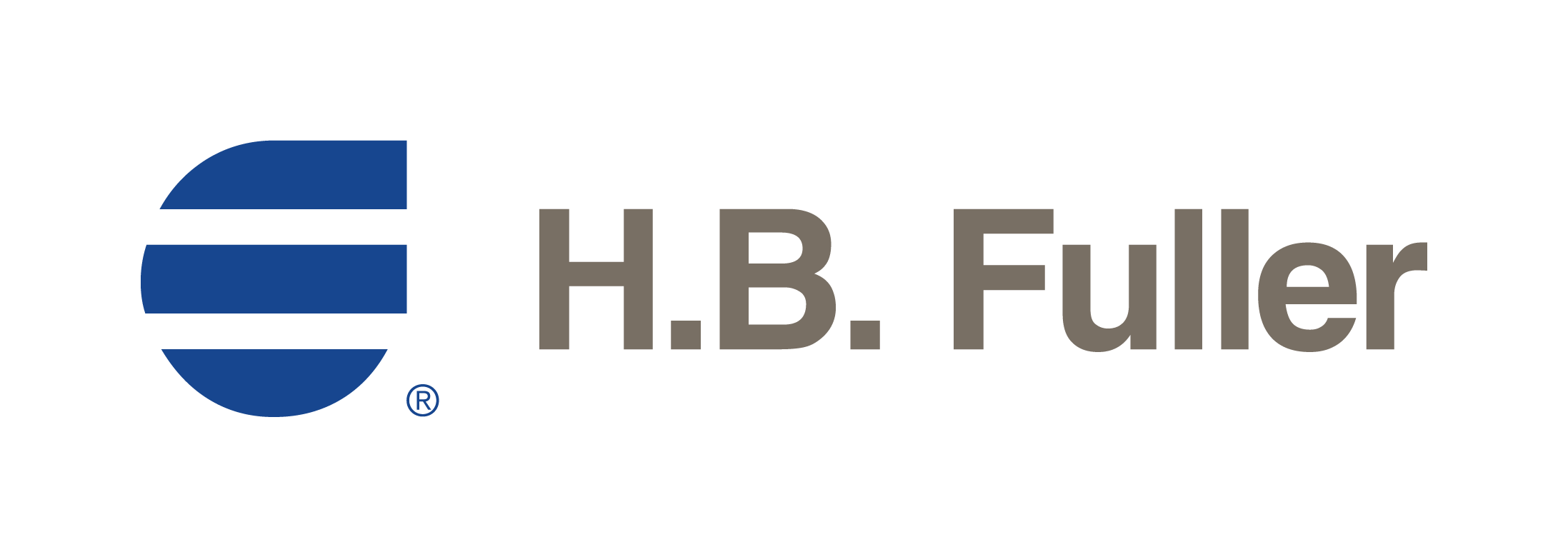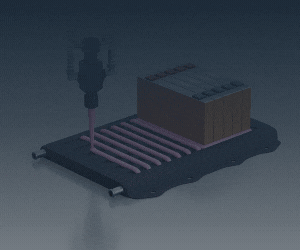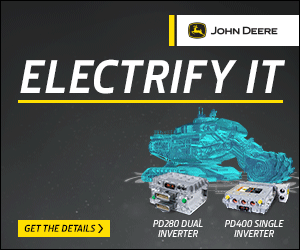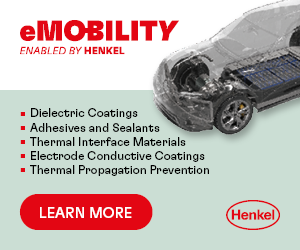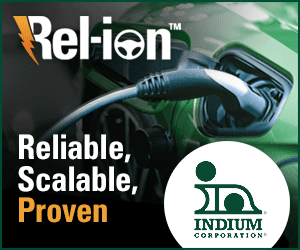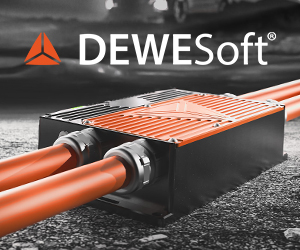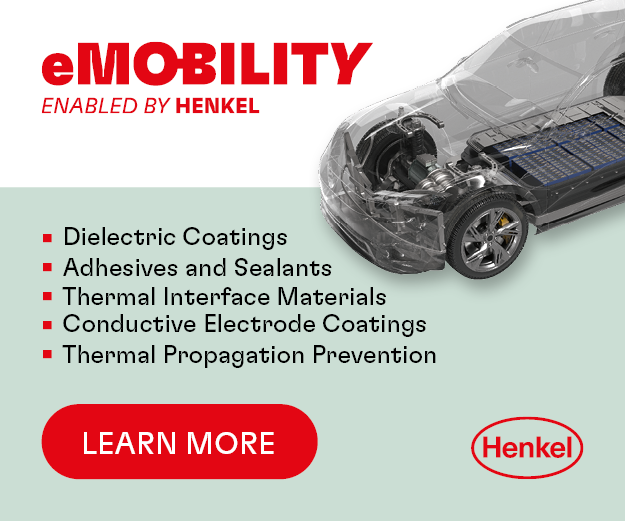From black mass to high-purity cobalt
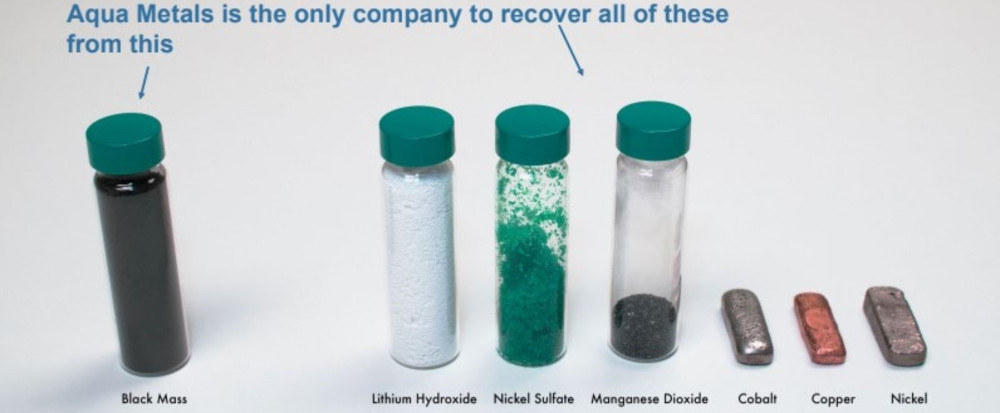
Aqua Metals has demonstrated a key step in using recycled elements in the production of lithium-ion cells for EVs (writes Nick Flaherty).
The company, based in Nevada, has successfully plated high-purity cobalt and produced manganese dioxide from lithium-ion battery black mass. Black mass is the result of the recycling process of lithium ion battery cells and packs (see EME 11, Autumn 2021) and typically includes a range of elements.
It has already recovered lithium hydroxide, copper and nickel using a hydrometallurgical refining process that reuses the chemicals that extract the elements into the black mass. It uses modular systems called Aqualyzers that generate ultra-pure metal one atom at a time. The company, which already recycled lead-acid batteries, supplies the Aqualyzer equipment and services and is looking to license the AquaRefining technology to recyclers.
The ability to plate cobalt and produce manganese dioxide means the process has shown it can recover all the high-value metals from used lithium-ion batteries at bench scale. This is leading to the deployment of a lithium-ion recycling pilot that will begin operating later this year, and the company is looking for commercial partners for the technology.
The recovered metals can be sold immediately or processed into battery cathode precursor materials for lithium-ion batteries in existing production lines.
“We expect that at the early pilot stage, we will be able to recycle 6-10 t of lithium-ion black mass per month, with the goal of scaling to 1000 t of annual production by the end of 2023,” said Steve Cotton, president and CEO of Aqua Metals.
ONLINE PARTNERS

